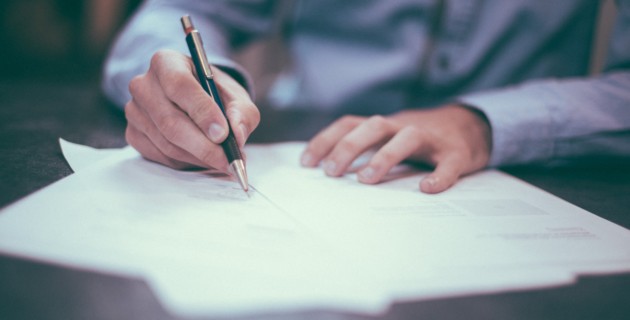Life is full of big, impactful decisions, and there is a chance that one day, whether because of medical malady or the simple aging of the body, you will not be able to suitably handle them for yourself.
This is where a Power of Attorney (POA) comes into play.
What is a Power of Attorney?
The POA is a legal document that grants another person the legal right to make decisions on your behalf. These come in all sorts of different forms: General, Durable, Limited, and Springing.
General: The standard type of POA, grants the agent authority to act in your stead on just about any decision, such as managing finances, estates, and so on. The general POA is terminated when you become incapacitated, in such cases as a coma or later stage dementia, for example.
Durable: A durable arrangement works much in the same way as a general one, but it is maintained should you become incapacitated.
Limited: Limited arrangements only apply to certain areas. For example, you could have an agent set up to have the authority to sell off a house/real estate on your behalf, but that is all they have the power for.
Springing: This type of POA only takes place when designated conditions are met, such as if in the case you become incapacitated.
It’s up to you which works best in your situation.
Who should hold your Power of Attorney?
The most important aspect of choosing someone to hold your POA, is someone you trust, and that has your best interests in mind plus they are willing and able to be the POA.
Typically, many seniors select family as their POA. And while generally this is a fine option, there is always the case where they may not be the best choice. Why? The relationship may be strained or if they just are not in the best position to take on that responsibility. Close friends, advisors, or even professional proxies are all valid options to hold your POA. It is a good idea to get in touch with an elder-law attorney (although not legally required) to help draft up proper articles and make sure everything is in the proper order so there is no sticky legal situations later.
The peace of mind that you will be taken care of when you no longer have the ability to do so yourself, that is what the POA is there for.
Read more:
https://www.aplaceformom.com/caregiver-resources/articles/power-of-attorney-guide
https://dailycaring.com/what-is-a-power-of-attorney-and-why-do-seniors-need-one/

